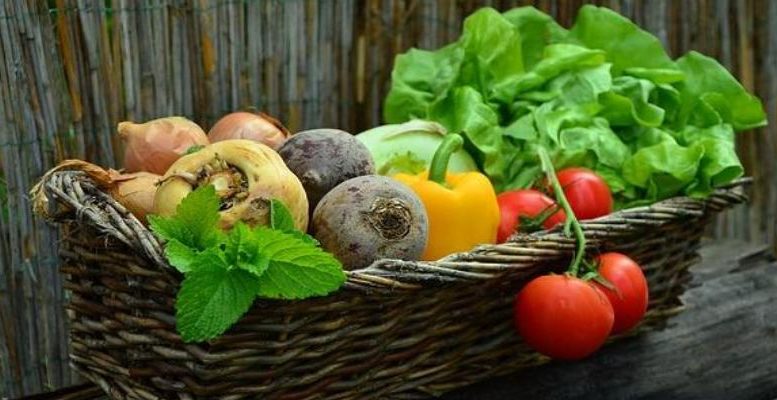With a significant number of people in the neighbourhood, office, and, well anywhere, becoming more vocal about leading a green life and saving the environment from harm and pollution, organic farming is gaining momentum.
While it may not be mainstream yet, there is no denying its inherent advantages and that explains why its supporters and adopters are in growing in numbers.
Who should go for organic farming?
The broad answer to this question could be literally anyone! From a person who depends on cultivation for making a living to another who embraces green ways of life. Organic farming makes sense for any individual. With several multinational corporations and automobile giants adopting eco-friendly technologies, you really do not need bigger proof. You can even use the small piece of land at your back garden for growing your own vegetables with organic farming. For large scale farming, there is a vast range of equipment and implements that may be needed, like flail mowers, balers, ploughs, and spreaders.
Advantages offered by organic farming
Reduced damage to the soil and environment
Beyond doubt, the biggest and most obvious advantage of organic farming is reduced damage caused to the soil and environment. In the organic farming process farmers use modern methods of irrigation and chemical laden fertilizers are not used. Instead, crop-friendly bugs wipe out harmful insects and green manure is used in lieu of fertilizers. This helps in reducing fertilizer related damage to the soil, crops and wildlife. The ground water also remains unpolluted reducing the level of spreadable disease.
Better taste and nutrient quota
It has been observed that organic farming yields fruits, vegetables, and crops that have a superior taste and quality as well as having a greater nutritional value. So in the long-term organic farming can improve the health and wellbeing of the end consumer. Besides, organic crops and produce tend to have a superior structural integrity which leads to prolonged shelf life and thus a better return on investment.
Farmer’s health improves
In conventional farming, the fertilizers laden with harsh chemicals not only affect soil and ground water which will need to be purified, the health of farmers is also compromised to an extent. Years of exposure to chemicals used in fertilizers could lead to health problems including skin disorders and respiratory ailments. However, in organic farming, such products are not needed or used. So, farmers are exposed to few health risks.
Are there any drawbacks to organic farming?
There are a few drawbacks of organic farming which have acted as deterrents of widespread adoption.
Harder work and more time required
Since chemical fertilizer and production boosting ingredients are not used in organic farming, it requires harder work on the part of farmers. The crop yield of organic farming may is generally lower than those of traditional farming by approximately 20%, and the harvest time may be longer. This could make the practice of organic farming less practical in some areas of the country.
Weed control also has to be done manually to avoid the use of chemicals which again increases the level of labour required in the organic farming process.
Price factor
There is no denying the price of organic crops and produce is higher than regular ones. Sometimes, the price difference can be almost double. A reflection of the production cost needing increased labour and specialist farming tools and devices such as rotary mowers, balers, ploughs, and spreaders rotary mower as mentioned earlier in this article.
There is a lot of competition with imported goods too, particularly as the majority of the organic food actually sold in the UK has been imported rather than having been grown in the United Kingdom.
So, although the health and environmental benefits of organic farming far outweigh the disadvantages I can’t help but be a little cynical about its growth due to the burden it carries particularly those of increased costs and timescales. It would be great to live in a country that only practiced organic farming, but I can’t help but feel that this idealism is set some way in the future and will fall into the hands of our future generations of farmers.
How to you feel about organic produce in the UK? Would you like to see more of the organic produce being “homegrown”. Let us know in the comments.

Be the first to comment on "Organic Farming – Back to Basics"